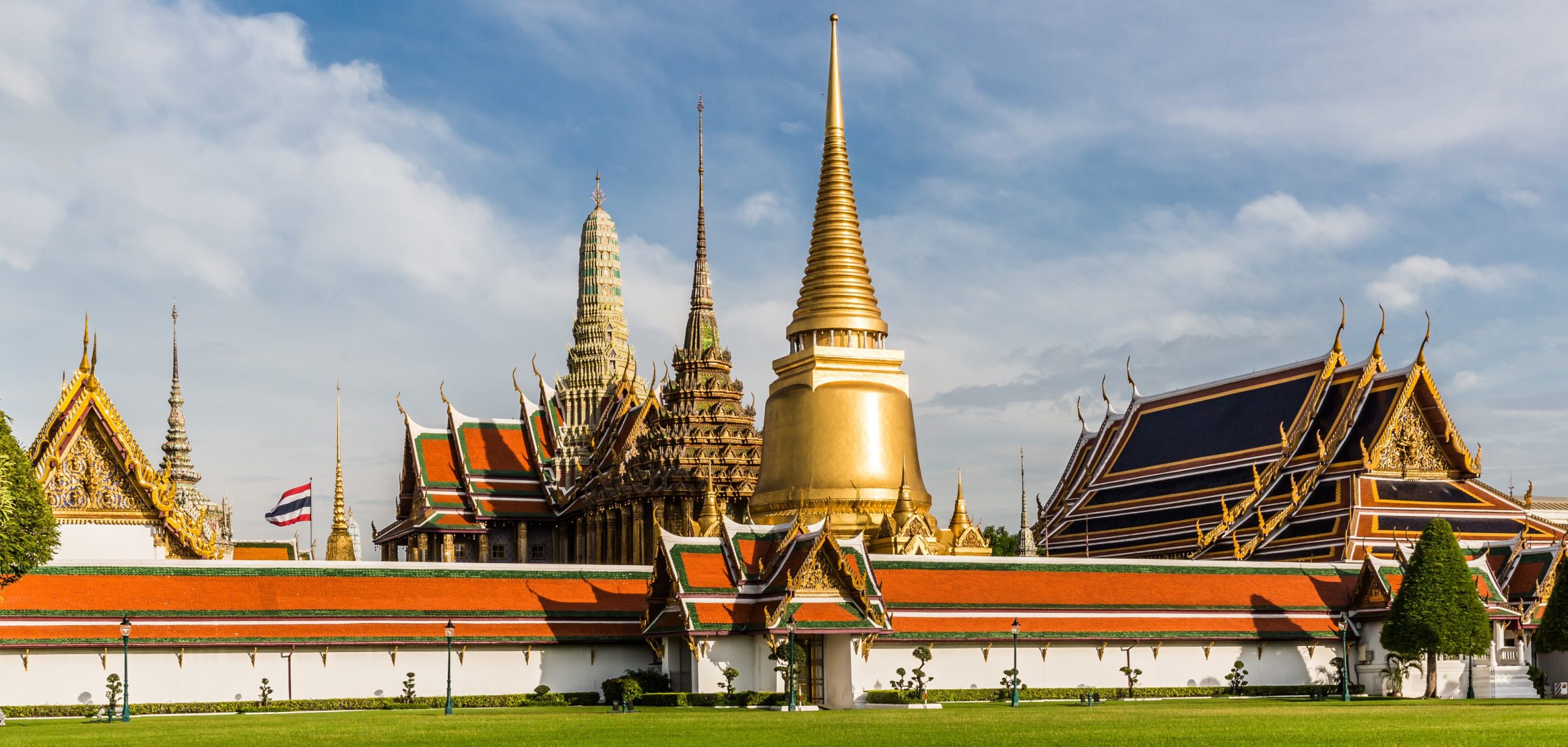Thailand Political Parties Pushing for Land-Based, Online Casino Legalization
Posted on: May 20, 2022, 05:41h.
Last updated on: May 20, 2022, 08:44h.
The idea of offering legalized land-based and online casinos in Thailand is gathering momentum. A number of Thai political parties have presented a draft amendment to the Gambling Act that, if approved, would legalize land-based and online gambling.

The Thai Local Power Party spearheaded the legalization move, according to The Bangkok Post. The political group, formed a decade ago, proposes a casino in all four regions of Thailand.
Logically, the plan includes properties in the provinces that receive the greatest amount of tourism traffic. The goal is to raise funds during a period when the country’s economy is still recovering after the COVID-19 debacle.
More Revenue Needed
Legalizing casinos would create jobs, spur local economies, and provide tax revenue to the government. Kovit Pangngam, a member of the Thai Local Power Party, expects that the casinos would generate an estimated THB400 billion to THB600 billion (about US$11.6 billion to $17.46 billion) per year.
That, asserts Kovit, means a lot of revenue. Between taxes, license fees, and other sources, Thailand could generate as much as THB1.5 trillion (US$43.7 billion) from the online segment alone.
In December, Thailand’s National Assembly established subcommittees to examine the possibility of legalizing casino gambling in the country. Gambling, other than on approved horse races or government lotteries, is prohibited under the Gambling Act 1935.
Kovit stated that 10% of the tax revenue from license holders, including application fees, will be sent to the Ministry of Finance. The remaining 90% will go to state welfare initiatives, including student loans and debt relief, as well as funding for the agricultural sector.
The Gambling Act Amendment Draft included verification of players in order to make sure that no underage person can access these services. It also includes measures to prosecute unlicensed platforms.
Kovit believes that, in addition to casinos, lawmakers should also consider legalizing underground lotteries. These, he feels, could add over THB150 billion (US$4.36 billion) in revenue each year.
The financial projections are not entirely impossible, but are likely a little inflated. With a population of around 67 million and no real gaming history to build on, an accurate determination is difficult.
If recent rumors are true, the political parties can count on support from at least one major casino operator for their initiative. Las Vegas Sands is reportedly eyeing a new Asian destination, and Thailand is allegedly on the shortlist of targets.
Thai Lawmakers Ready for Change
Thailand began seriously considering legalized gambling last December. It formed a special committee of 60 members to explore the possibility. The decision sparked debates and discussions, but received support at the business level. Legalized gambling is an incentive for post-COVID-19 economic recovery, as well as a strategy to attract cross-border and global visitors.
Opposition to the initiative is moral and religiously inspired. The country’s Buddhist majority, like other religions, condemns gambling. This is in spite of the fact that Buddhism doesn’t actively prohibit the activity.
At the same time, various civil society groups have also spoken out because they fear that initiatives of this type may have a negative impact on the communities where they are installed. These groups also believe casinos are nothing more than hubs for corruption and money laundering.
The areas lawmakers identified as favorable to host the casinos would be the cities of Chiang Mai and Chiang Rai in the north, Udon Thani and Ubon Ratchathani in the northeast, and Pattaya and Chonburi in the east.
Gambling opponents also insist that there is difficulty in establishing precise rules on the management and taxation of casinos. There may be some basis to that argument. However, no industry escapes corruption, fraud, or regulatory violations. Still, there is less control over an industry that operates underground than there can ever be over a legalized alternative.
No comments yet